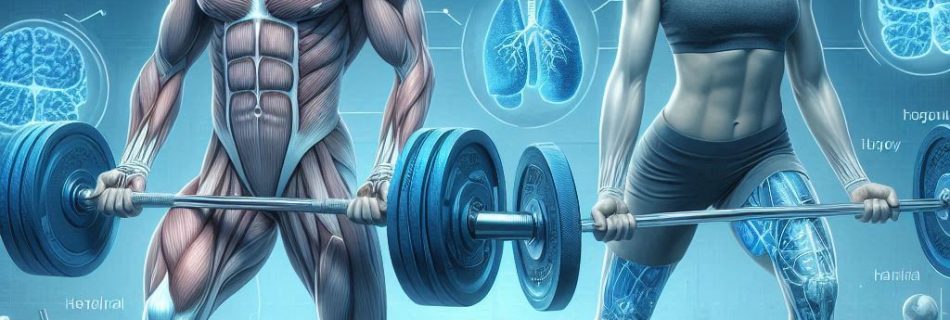Strength Training for Busy Parents: No-Excuse Workouts That Fit Your Day
Kid-Friendly Home Routines — Strength Training That Works Around Your Family Why Home Workouts Are Ideal for Parents Home workouts offer flexibility, save travel time, and eliminate the need for childcare. But beyond the convenience, they give parents a chance to reclaim moments in their day. Whether it’s squeezing in a circuit before breakfast or …
Read more “Strength Training for Busy Parents: No-Excuse Workouts That Fit Your Day”









